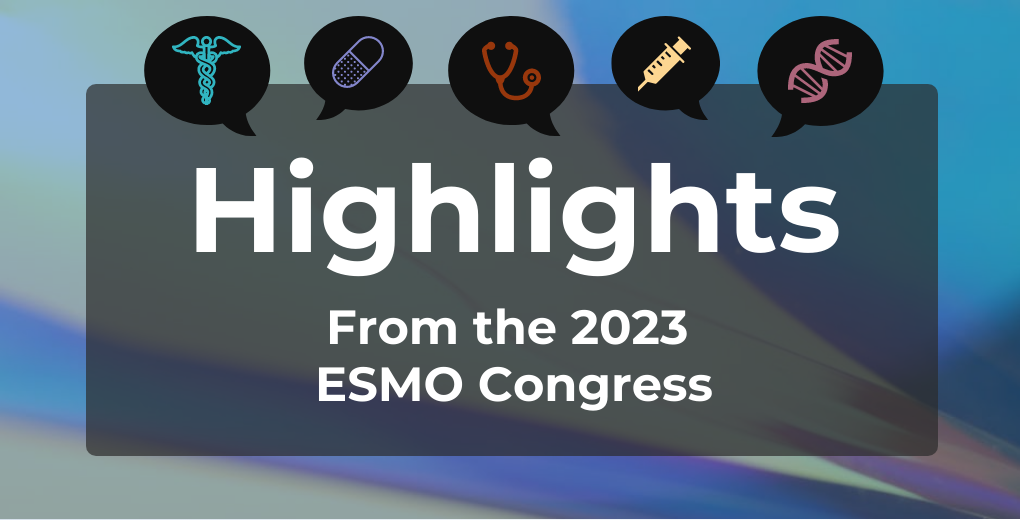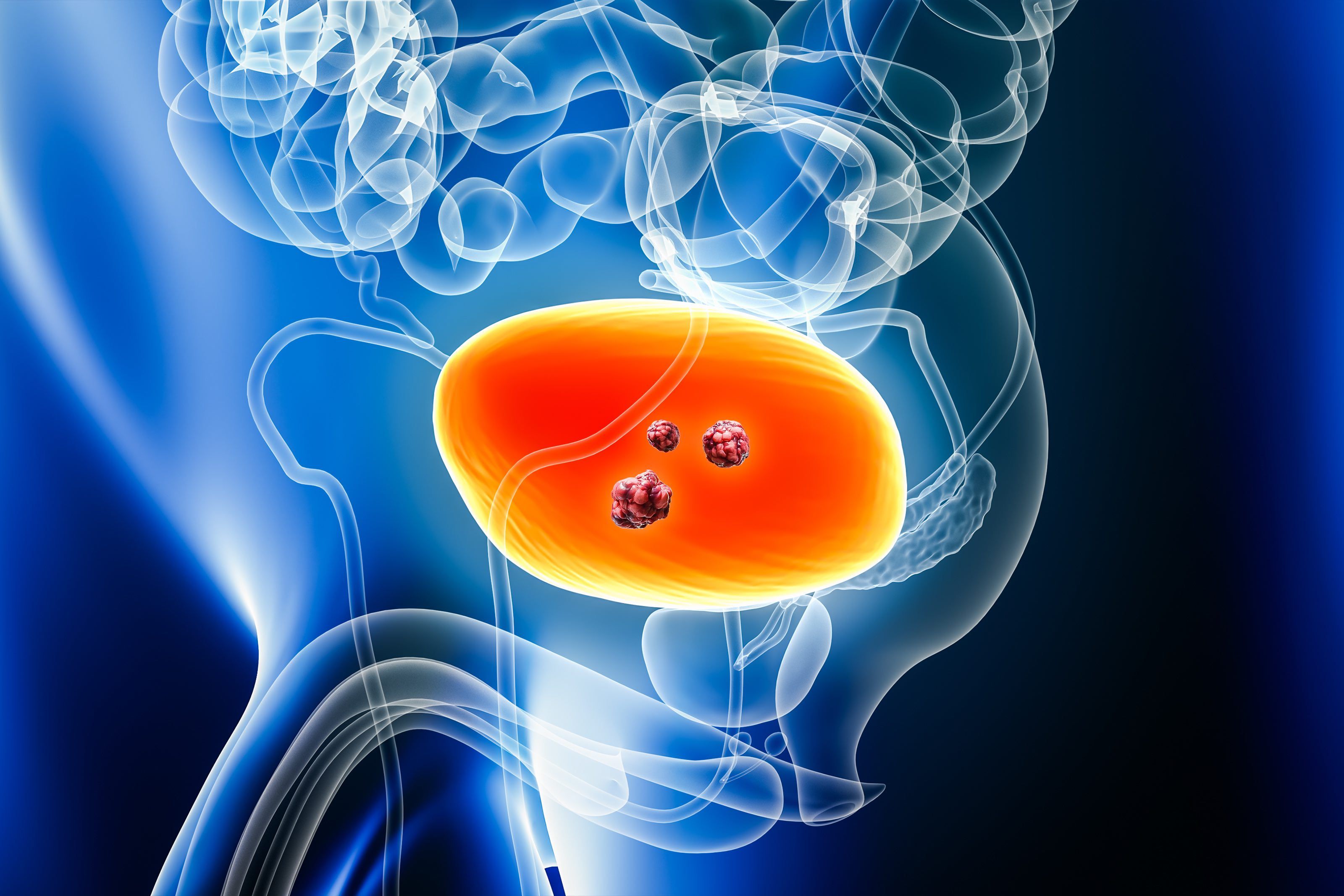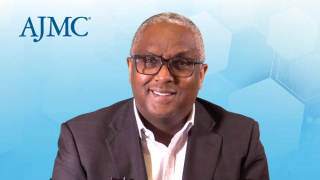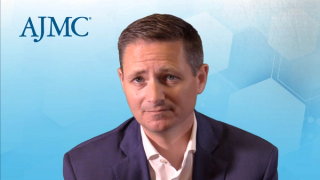
Immuno-Oncology
Latest News

In the phase 3 EV-302/KEYNOTE-A39 clinical trial, the antibody-drug conjugate enfortumab vedotin plus PD-1 inhibitor pembrolizumab nearly doubled both median overall survival and progression-free survival compared with chemotherapy.
Latest Videos

CME Content
More News

Managing toxicities for patients on immunotherapy requires collaboration with specialists to manage specific organ toxicities and moving beyond steroids, according to a presentation at the ESMO Congress 2023.

The FDA has approved pembrolizumab (Keytruda) in combination with fluoropyrimidine- and platinum-containing chemotherapy for the first-line treatment of adult patients with locally advanced unresectable or metastatic, HER2-negative gastric or gastroesophageal junction adenocarcinoma.

Only patients with PD-L1–positive tumors may receive treatment with pembrolizumab plus trastuzumab and chemotherapy for HER2-positive gastric or gastroesophageal junction adenocarcinoma following the FDA’s amendment.

The approval, which is based on results from the phase 3 KEYNOTE-966 trial, marks the sixth indication for pembrolizumab in gastrointestinal cancer.

The addition of durvalumab to first-line chemotherapy, followed by maintenance treatment with durvalumab plus olaparib significantly improved progression-free survival in patients with newly diagnosed advanced or recurrent endometrial cancer, according to data from the phase 3 DUO-E/GOG-3041/ENGOT-EN10 trial.
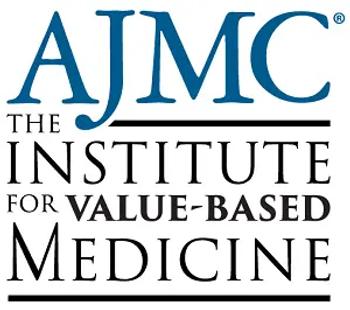
Coverage from the Institute for Value-Based Medicine session with Minnesota Oncology.
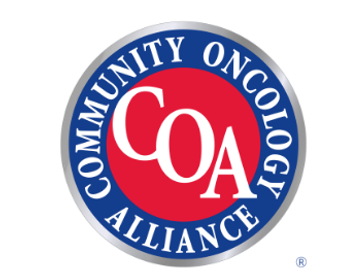
The discussion, "Understanding Biomarkers and the Role They Play in Oncology," came during the Community Oncology Alliance Payer Exchange Summit, held October 23-24 in Reston, Virginia.
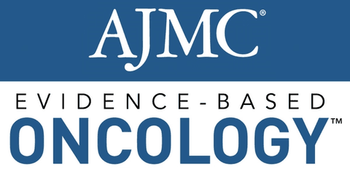

Speakers at an Institute for Value-Based Medicine event with Vanderbilt University Medical Center highlighted the novel therapies and techniques being used to improve outcomes for patients with head and neck cancer.

Christine Pfaff, RPh, senior regional director of operations at American Oncology Network, discusses the role of immunotherapy and precision medicine in oncology, as well as considerations for patient safety and financial toxicity when prescribing oncology drugs.

Recent evidence suggests that neoadjuvant immunotherapy offers a unique opportunity to explore disease mechanisms and identify new biomarkers of immune checkpoint blockade response and resistance, according to the researchers.

Findings from the phase 2 ALYCANTE trial support axicabtagene ciloleucel as a second-line treatment for patients with relapsed/refractory (R/R) large B-cell lymphoma who are ineligible to undergo a transplant.

Erin Gillaspie, MD, MPH, FACS, a faculty member of Vanderbilt University Medical Center’s Department of Thoracic Surgery, discussed the role of immunotherapies in lung cancer and how they are used.
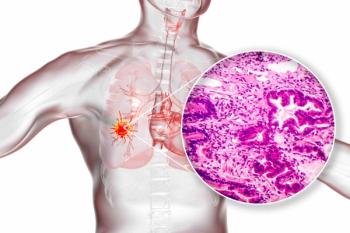
In a preliminary analysis of the phase 2 EVOKE-02 trial, the investigational combination regimen showed an objective response rate of 56% in previously untreated patients with metastatic non–small cell lung cancer (NSCLC).

The combination demonstrated durable survival benefits among patients with metastatic non–small cell lung cancer (mNSCLC) regardless of PD-L1 expression levels at a minimum follow-up of more than 6 years.

Curing cancer is something we all want to do, but logistical issues remain around translating that into practice, explained Sigrun Hallmeyer, MD, medical oncologist with Advocate Health.
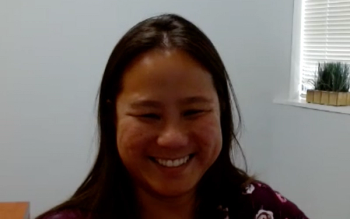
Jennifer Choe, MD, PhD, a head and neck medical oncologist at Vanderbilt University Medical Center, discussed head and neck cancer relapse post-radiation therapy, new treatment trials, and any promising responses from them.

Second-line treatment with axicabtagene ciloleucel (axi-cel) led to an investigator-assessed, 3-month complete metabolic response rate of 71.0% in patients with large B-cell lymphoma (LBCL) who were ineligible for autologous stem cell transplant.
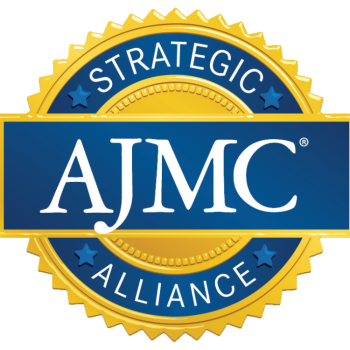
Use of SignalPath will improve efficiency, ease compliance, boost enrollment, and ensure financial success in clinical trials, leaders said in interviews.

Committees have worked for the past 4 years to develop uniform definitions of immunotherapy resistance, but they are not yet universally used.
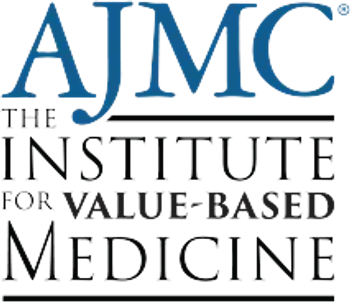
Coverage from the July 25, 2023, Institute for Value-Based Medicine® session held in partnerhship with Emory's Winship Cancer Institute.
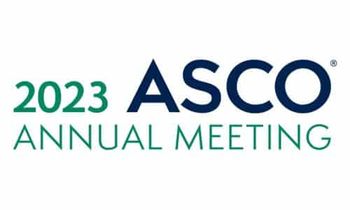
Results included those for several bispecifics, used as monotherapy and in combination, including early results for 2 bispecifics used together.

The researchers emphasized the importance of early referral for chimeric antigen receptor (CAR) T-cell treatment, as patients eligible for the treatment are often in very late stages of disease, and mitigating delays in care has the potential to improve response rates by more than 10%.

Researchers seeking answers regarding the most beneficial duration of immune checkpoint inhibitor–based therapy for non–small cell lung cancer (NSCLC) found no significant impact of indefinite-duration treatment on patient survival.
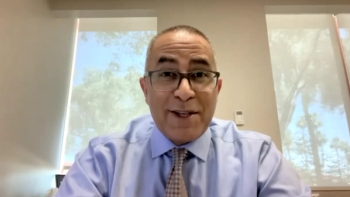
Joseph Mikhael, MD, MEd, FRCPC, FACP, chief medical officer of the International Myeloma Foundation, discussed the manufacturing challenges sometimes seen with chimeric antigen receptor (CAR) T-cell therapies and strategies being implemented to improve access for historically underserved patients.
